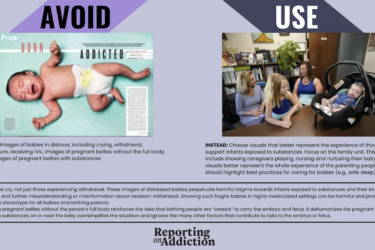
In the wake of last month’s Supreme Court ruling on marriage, same-sex married couples in all 50 states should now qualify for financial protection against impoverishment under Medicaid if one of them goes into a nursing home.
Before the high court’s decision, spousal financial protection rules were unavailable to same-sex couples if their state of residence did not recognize their marriage. With a semi-private room in a nursing home costing $80,000 a year, many couples can easily wipe out all their assets without such protection.
Medicaid, the federal-state program that pays health care bills for the poor, begins to pay bills only after an individual in a nursing home has exhausted all personal financial assets, down to $2,000.
“The goal is to protect the spouse at home from impoverishment,” said Eric Carlson, directing attorney at Justice in Aging, the advocacy and law group formerly known as the National Senior Citizens Law Center. “You are considered as a couple rather than an individual; that is the idea behind the rules.”
The law sets aside funds for the spouse who is living in the community, with the amount of money depending on individual state rules. The spouse at home can keep 50 percent of the couple’s assets, with a minimum of $23,844, up to a maximum of $119,800. The figures vary with the states.
The assets can be in the name of either spouse, or jointly held. But they are all lumped together for purposes of making the calculation. The goal is to avoid having people try to move assets around and prevent them from being used to pay the nursing home bills before an individual qualifies for Medicaid.
Example: a couple has $150,000 in financial assets, such as savings and checking accounts, stocks and bonds. Half of that is $75,000. But the state ceiling is $60,000. The spouse at home can keep $60,000 in financial assets. (Assets do not include the couple’s home or cars.) For income, the spouse at home can keep an income of $1,991 a month to $2,981 a month, depending on the state.
Example: the spouse at home has a pension income of $500 a month. The spouse in the nursing home has a pension of $2,400 a month, and Social Security income of $1,000 for a total monthly income of $3,400. They live in a state which allows the home spouse to have an income of $2,500. Therefore, the rules allow $2,000 to be shifted from the income of the spouse in the nursing home to the one living in their own home, providing a total of $2,500 a month.
Here are other Medicare-related benefits explained by Justice in Aging, which offers a variety of other resources on its website:
“I do not have enough work history for Medicare Part A.”If your spouse receives Medicare but you do not have enough work history, you may be entitled to Medicare Part A based on your spouse’s work history. The work requirement is 10 years.
“I am paying for Medicare Part A. If you are paying for Medicare Part A because you do not have enough work history, but your spouse receives Medicare, you should be eligible for Medicare based on your spouse.”
Justice in Aging says individuals seeking information or enrollment for the Medicare and Medicaid should contact Social Security.
Additional resource
- Annual Median Cost of Long Term Care in the Nation from insurance firm Genworth







